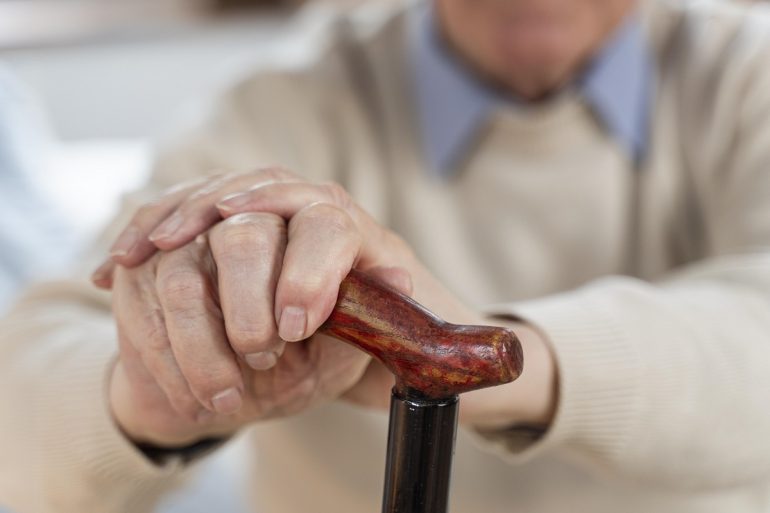The retirement age in the Czech Republic will rise more slowly than originally envisaged by the government’s pension reform – by one month a year instead of the original proposal of up to two months. The five-party coalition has agreed on the change, Labour and Social Affairs Minister Marian Jurecka told CTK yesterday.
Next week, the coalition MPs will add the relevant provision to the pension reform bill under discussion in the lower house.
For now, the government’s reform envisages a gradual increase of the retirement age above 65 from the next decade, according to the rising life expectancy of people born in individual years, by a maximum of two months per year. Demographers have recommended a slower regular increase of one month per year.
The pension system is in deficit, with expenditures far exceeding revenues from social insurance contributions. The expenditures will continue to grow as society is ageing.
One key lever to ensuring a sustainable pension system and reducing the deficit is to further raise the retirement age, which has already been rising for a few years, by two months a year for men and usually four months for women. It will reach 65 in the 2030s.
The opposition rejects further increases in the retirement age, as do trade unions.
Jurecka (KDU-CSL) said government politicians debated the retirement age at a coalition meeting on Tuesday and agreed on the change.
The reform is due to be discussed by the lower house social affairs committee next week.
Jurecka said he expects the pension reform bill to be modified accordingly. “I prefer the option that we slow [the retirement age increase] down so that the growth rate is not two months a year, but one month… This was one of the things we discussed on Tuesday. We have a coalition agreement on this,” Jurecka said.
He expects the social affairs committee to recommend the amended proposal to the Chamber of Deputies.
Under the reform proposal, the pension threshold is to be set each year for people just turning 50, based on their life expectancy. It will rise by a maximum of two months a year, in order for the pension to last on average 21.5 years. It would thus rise irregularly – by one month in some years, by two months in others, and in some years not at all.
Demographers have proposed a slower and more regular rise of a month a year so that people spend about a quarter of their lives in retirement. As life expectancy increases, the average time in retirement would also increase slightly.
The pension system finished last year with a record deficit of CZK 72.8 billion, around 1% of GDP. Without the changes, the deficit would reach 5% of GDP by the middle of the century. This year’s report on pension developments improved the balance to a deficit of around 3% of GDP, after last year’s reduction of pension indexations and tightening of early retirement rules.
Jurecka previously said that after the reform, the deficit could be around 1% of GDP. A slower increase in the retirement age would raise it by around 0.3-0.4% of GDP.
“It is a bit more expensive… But at the same time, we are aiming at some social balance,” Jurecka said. “This measure has been most often cited in opinion polls as the one that people perceive as the most painful in the reform, which they otherwise say they support. It is a compromise that does not jeopardise the original objective at all. The reform will bring stability and sustainability for the future and this minor adjustment can be afforded.”







